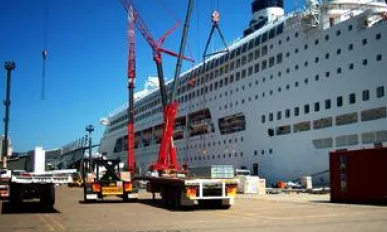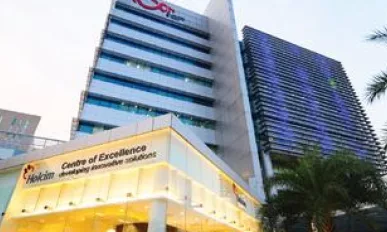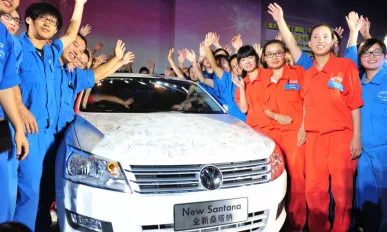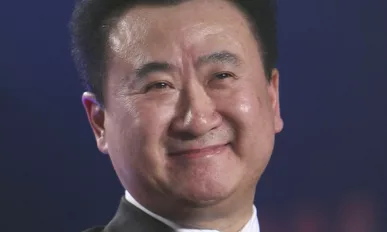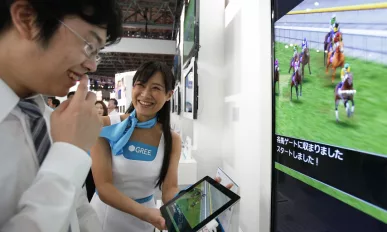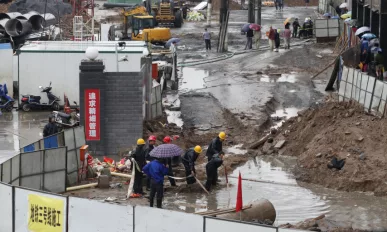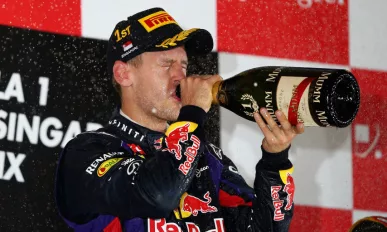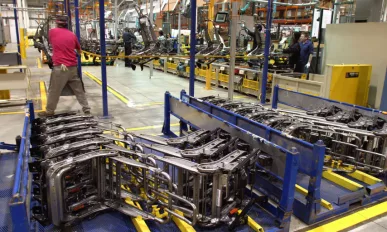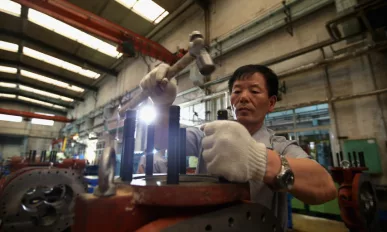Issue 3
Geodis Wilson : A Region on the Rise
Asia Outlook talks to René Bach Larsen, the cluster Managing Director of Singapore and Southeast Asia at Geodis Wilson.
Holcim Singapore : Raising the Bar in Sustainability
Holcim Singapore is one of the world’s leading suppliers of cement and aggregates. It is also a leader in sustainability.
CoffeeWORKS : Best When Fresh
CoffeeWORKS is Thailand’s leading coffee shop roaster delivering to over 500 outlets throughout the country.
China’s Factory Output up in August
China’s factory output rose 10.4 percent in August year-on-year, the government says, the fastest increase since March 2012.
Wang Jianlin Named China’s Richest Tycoon
Wang Jianlin has been named China’s richest tycoon by the Hurun Report, which has just released its 2013 China Rich List.
Japan Display Denies Planned IPO
The world’s biggest maker of LCD screens for smartphones and tablet computers, Japan Display Inc., has denied media reports that it plans to raise $2 billion in an initial public offering (IPO).
Kaesong Industrial Park Reopens
South Korean workers have returned to the Kaesong industrial park in North Korea five months after the North blocked the entry of South Korean workers into the joint industrial zone.
China to Boost Urban Infrastructure Construction
China has outlined plans to boost infrastructure construction through transport and energy projects, as part of efforts to speed up urbanisation and support economic growth.
Sebastian Vettel wins Singapore Grand Prix
Red Bull’s Sebastian Vettel has won the Singapore Grand Prix with a dominant performance which edged him closer to a fourth consecutive title.
Japanese car parts firms fined by U.S. regulators
Nine Japan-based companies and two executives have agreed to plead guilty to conspiring to fix the price of car parts sold to U.S. car manufacturers and will pay a combined $740 million in criminal fines to U.S. authorities.
China’s manufacturing sector expands
China’s manufacturing sector expanded for a second straight month in September, HSBC’s closely watched purchasing managers’ index (PMI) has revealed.



